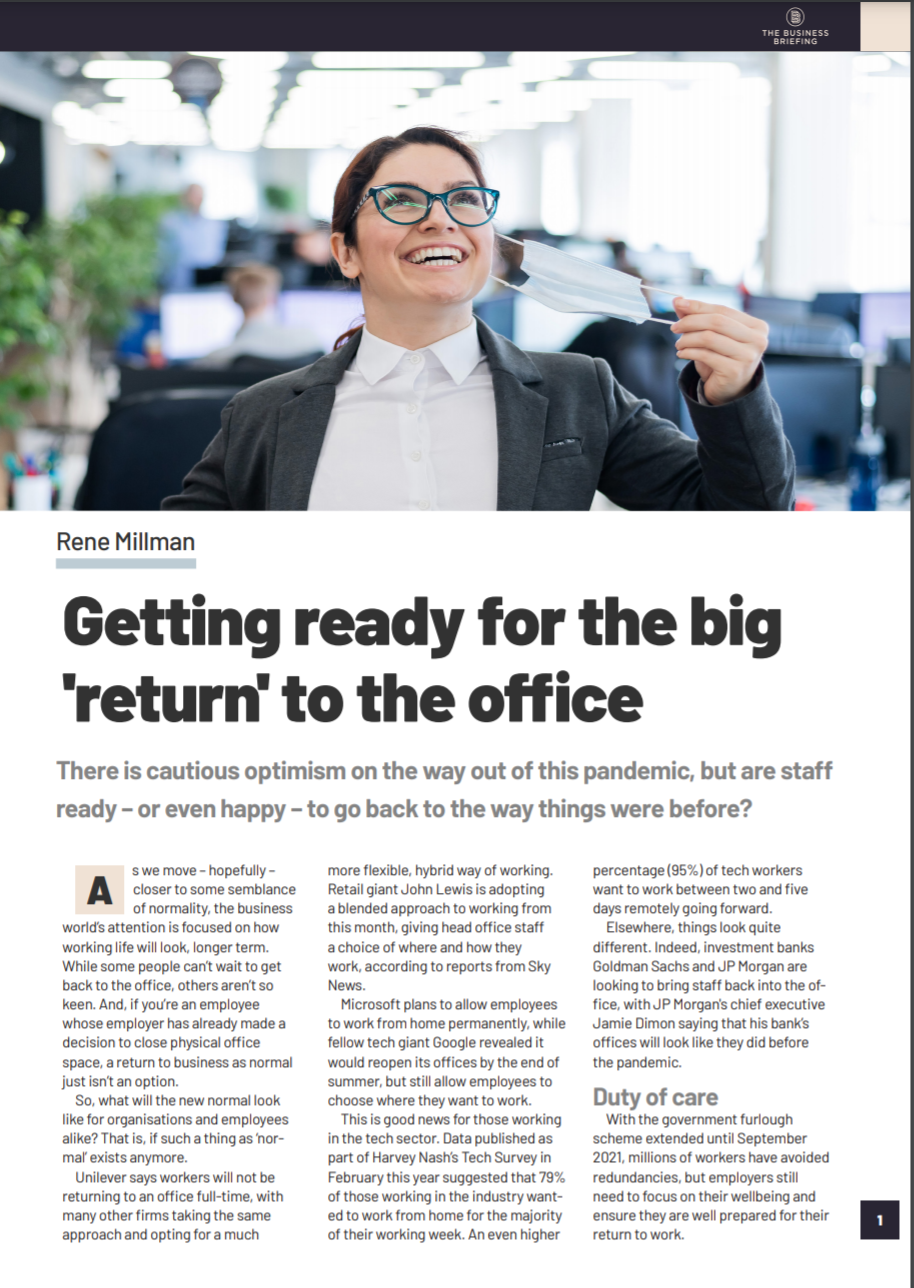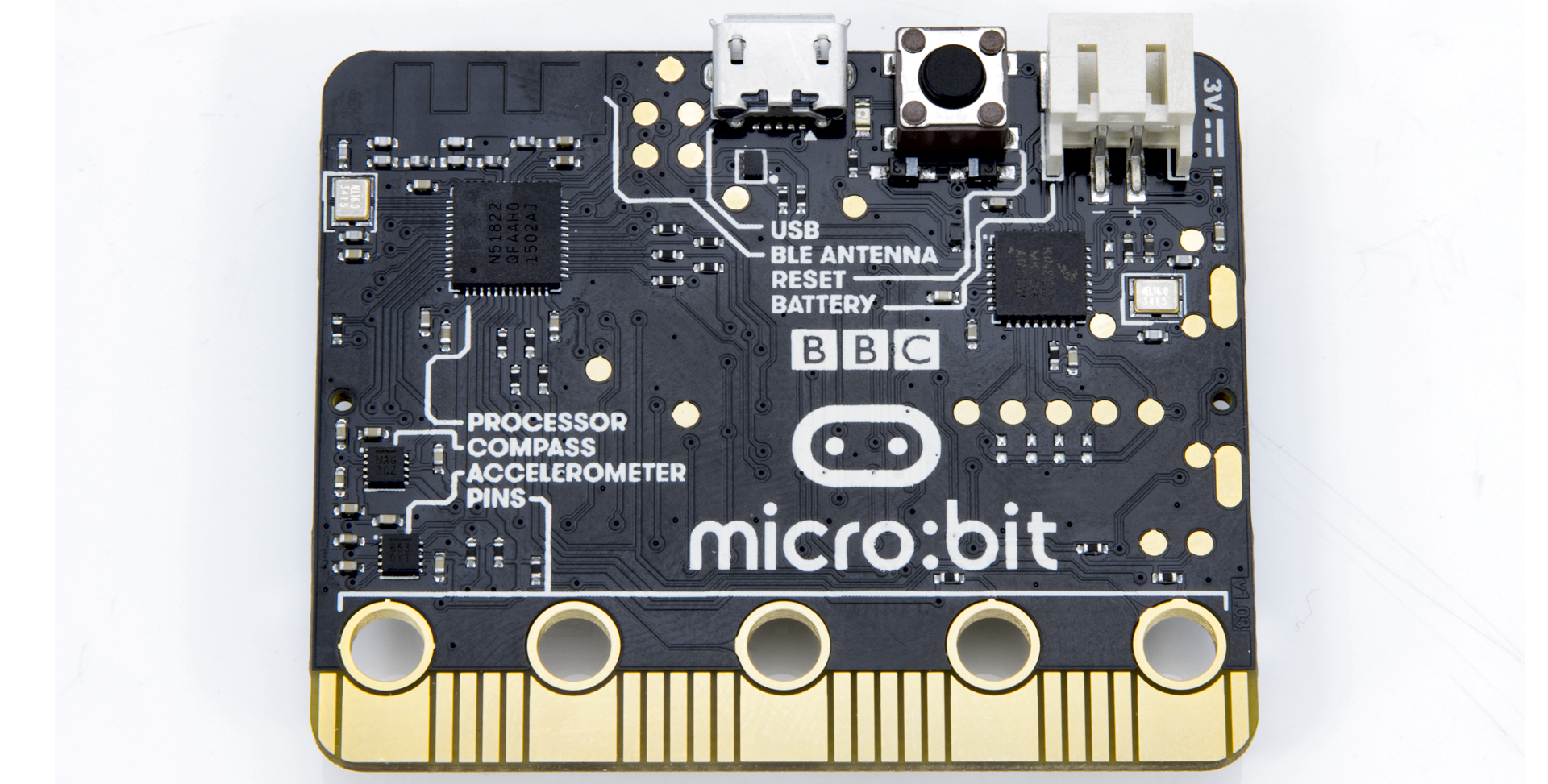Education is needed to end apprenticeship stigma, says BCS
Only 4% of those surveyed by UCAS associate the word ‘prestigious’ with an apprenticeship


Career advisors need to do more to educate people on the advantages of apprenticeships, according to the BCS, the Chartered Institute for IT.
Annette Allmark, head of Apprenticeships at BCS, said a social stigma is still associated with apprenticeship schemes, and that many still favour traditional university degrees, even if they are unsuitable for the student.
The comments follow recent findings from UCAS which show that only 4% of those surveyed associate the word 'prestigious' with an apprenticeship, in comparison to the 76% who aligned the term with a university degree.
This can be attributed to 'misplaced snobbery' and an 'outdated stigma' associated with such programmes, as well as a lack of accessible information about apprenticeships, according to UCAS chief executive Clare Marchant.
Allmark said that the results of UCAS' polls "shows more education is needed, especially from careers advisors – but also more widely via, for instance, social media campaigns to change perceptions".
"We know, as a professional body, that apprentices are skilled and competent. We carry out the final test that digital apprentices have to take to prove they can do their job – an end-point assessment," said Allmark.
"We have seen an ongoing increase in the numbers we process, which shows the popularity of this career path and progression onto degree apprenticeships. It's also a great choice for sectors of society which, traditionally, have seen the least participation in higher education," she added.
Sign up today and you will receive a free copy of our Future Focus 2025 report - the leading guidance on AI, cybersecurity and other IT challenges as per 700+ senior executives
Allmark's statement follows another set of UCAS polls which found that Computer Science was the second most popular degree apprenticeship considered by students applying to study in 2022, chosen by 65.2%. This was only marginally less than the top degree apprenticeship choice, Engineering, at 65.6%.
However, the UCAS survey also found that one in two college students, and one in three school pupils, weren't informed about the option of pursuing an apprenticeship, in spite of a legal requirement placed on schools to do so. Introduced in 2018, the Baker clause requires schools to allow colleges, apprenticeship providers, and University Technical Colleges to talk to students about potential study routes.
Last year, a Computer Science university student told IT Pro that she was not made aware of degree apprenticeships before starting her undergraduate degree, finding out about the option only at the end of her studies from fellow interns at Goldman Sachs.
RELATED RESOURCE

Getting ready for the big 'return' to the office
Sample our exclusive Business Briefing content
"The bank chose which courses would be the most important for them. I think that's a great option and it diminishes the class gap between people who cannot afford to go to university," she said.
This is not surprising, given that UCAS research also found that almost one in three parents and carers were unaware that it was possible for students to apply for a degree apprenticeship alongside an undergraduate application.
However, parents who had taken an apprenticeship themselves were twice as likely to encourage their child to follow in their footsteps, as opposed to pursuing a sole undergraduate degree.
Having only graduated from City University in 2019, Sabina has already demonstrated her abilities as a keen writer and effective journalist. Currently a content writer for Drapers, Sabina spent a number of years writing for ITPro, specialising in networking and telecommunications, as well as charting the efforts of technology companies to improve their inclusion and diversity strategies, a topic close to her heart.
Sabina has also held a number of editorial roles at Harper's Bazaar, Cube Collective, and HighClouds.
-
 Microsoft unveils Maia 200 accelerator, claiming better performance per dollar than Amazon and Google
Microsoft unveils Maia 200 accelerator, claiming better performance per dollar than Amazon and GoogleNews The launch of Microsoft’s second-generation silicon solidifies its mission to scale AI workloads and directly control more of its infrastructure
-
 Infosys expands Swiss footprint with new Zurich office
Infosys expands Swiss footprint with new Zurich officeNews The firm has relocated its Swiss headquarters to support partners delivering AI-led digital transformation
-
 Welsh startups 'increasingly isolated' over lack of diverse funding routes
Welsh startups 'increasingly isolated' over lack of diverse funding routesNews Founders say Wales' chance to be one of the UK's leading tech ecosystems is being undermined by a lack of investment
-
 What is WCAG and how do these guidelines power accessibility online?
What is WCAG and how do these guidelines power accessibility online?In-depth Experts urge a mentality shift, away from box-ticking compliance, to one that incorporates ease of use into the very fabric of web design
-
 UK gov opens £12m innovation fund to tackle cost of living crisis, regional inequality
UK gov opens £12m innovation fund to tackle cost of living crisis, regional inequalityNews Funding will enable regulators and local authorities to test and experiment with "bold and ambitious" approaches to the pressing issues of the day
-
 Diversity in tech is a well-trodden path, but change is painfully slow
Diversity in tech is a well-trodden path, but change is painfully slowOpinion IT leaders have a big role to play in changing attitudes to diversity and inclusion, but not all of them step up to the challenge
-
 Two in three IT employers struggle to recruit staff with adequate digital skills
Two in three IT employers struggle to recruit staff with adequate digital skillsNews Three quarters (77%) of surveyed senior UK IT decision-makers claimed that they are currently facing a digital skills gap in their organisation
-
 Primary schools to receive BBC micro:bits in digital literacy push
Primary schools to receive BBC micro:bits in digital literacy pushNews The initiative comes amid an "all-time high" shortage of talent in cyber security, big data analytics and technical architects
-
 Lenovo to give £1 from every laptop sale to UK digital poverty charities
Lenovo to give £1 from every laptop sale to UK digital poverty charitiesNews Tech giant to support local authorities and charities with hardware and expertise
-
 Disabled IT professionals are building access for themselves
Disabled IT professionals are building access for themselvesIn-depth For visually impaired developers, the tools just aren’t good enough – so they’re taking matters into their own hands
